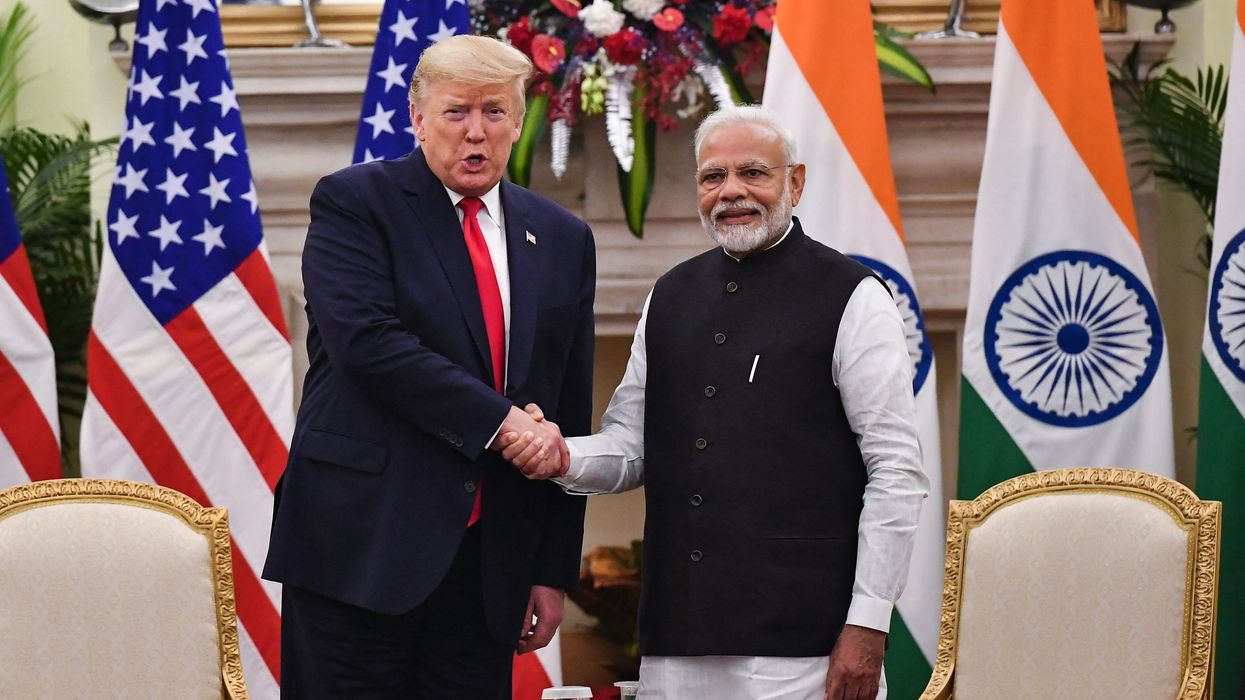US OFFICIALS arrived in India on Tuesday for trade discussions ahead of the implementation of tariffs announced by president Donald Trump.
The meetings come as the US moves forward with reciprocal tariff measures affecting multiple countries, including India.
Assistant US Trade Representative Brendan Lynch is leading the discussions with Indian officials as part of ongoing trade negotiations between the two countries.
Last month, New Delhi and Washington announced plans to finalise the first phase of a “mutually beneficial” trade deal this year.
However, the possibility of US tariffs remains a key issue in the talks. India’s trade policies and its surplus with the US have made it a potential target for reciprocal tariffs set to take effect on 2 April.
Credit rating agency India Ratings and Research estimates that the proposed tariffs could reduce India’s exports to the US by up to $7.3 billion in the next fiscal year.
In an effort to ease tensions, India has recently lowered tariffs on certain products, including high-end motorcycles and bourbon whiskey.
Indian media reports suggest that the government may consider further concessions, including the removal of a six per cent levy on online advertising services, known as the "Google tax."
According to the Hindustan Times, India has also indicated a willingness to make deeper tariff reductions on some agricultural products to facilitate trade with the US.
Other reports suggest the government is considering lowering import duties on cars, electronics, and medical devices.
"India should consider handing over a list of industrial goods that it is willing to eliminate tariffs on," Ajay Srivastava of the Global Trade Research Initiative told AFP.
Meanwhile, Trump's decision to impose a 25 per cent tariff on countries purchasing oil from Venezuela, effective 2 April, could also impact India, which imports crude from the Latin American nation.
The US president recently suggested that some countries might receive exemptions from reciprocal tariffs, stating that he may "give a lot of countries breaks," though he did not provide details.
India has not yet commented on possible US tariff action. When asked about the likelihood of an exemption, foreign ministry spokesperson Randhir Jaiswal said last week that India would “have to wait” for trade talks to conclude.
Analysts at Nomura suggest that ongoing negotiations could mitigate some of the risks for India.
"India ranks high on tariff and non-tariff barriers, but the ongoing flurry of negotiations on a bilateral trade agreement with the US means that the impact of reciprocal tariffs on India could be less bad than is currently feared," they said in a note this week.
"As such, India could fare better than other economies."
(With inputs from AFP)




